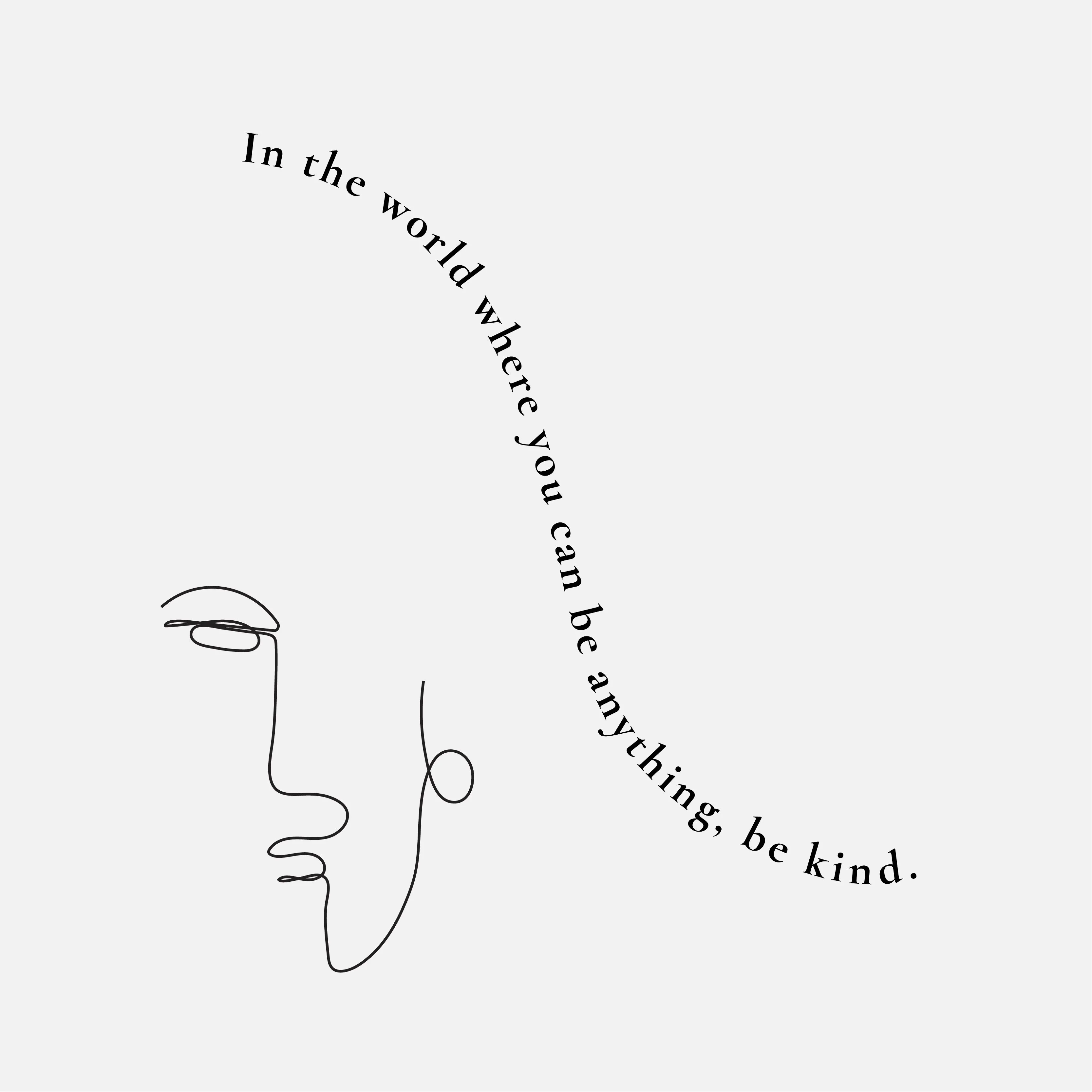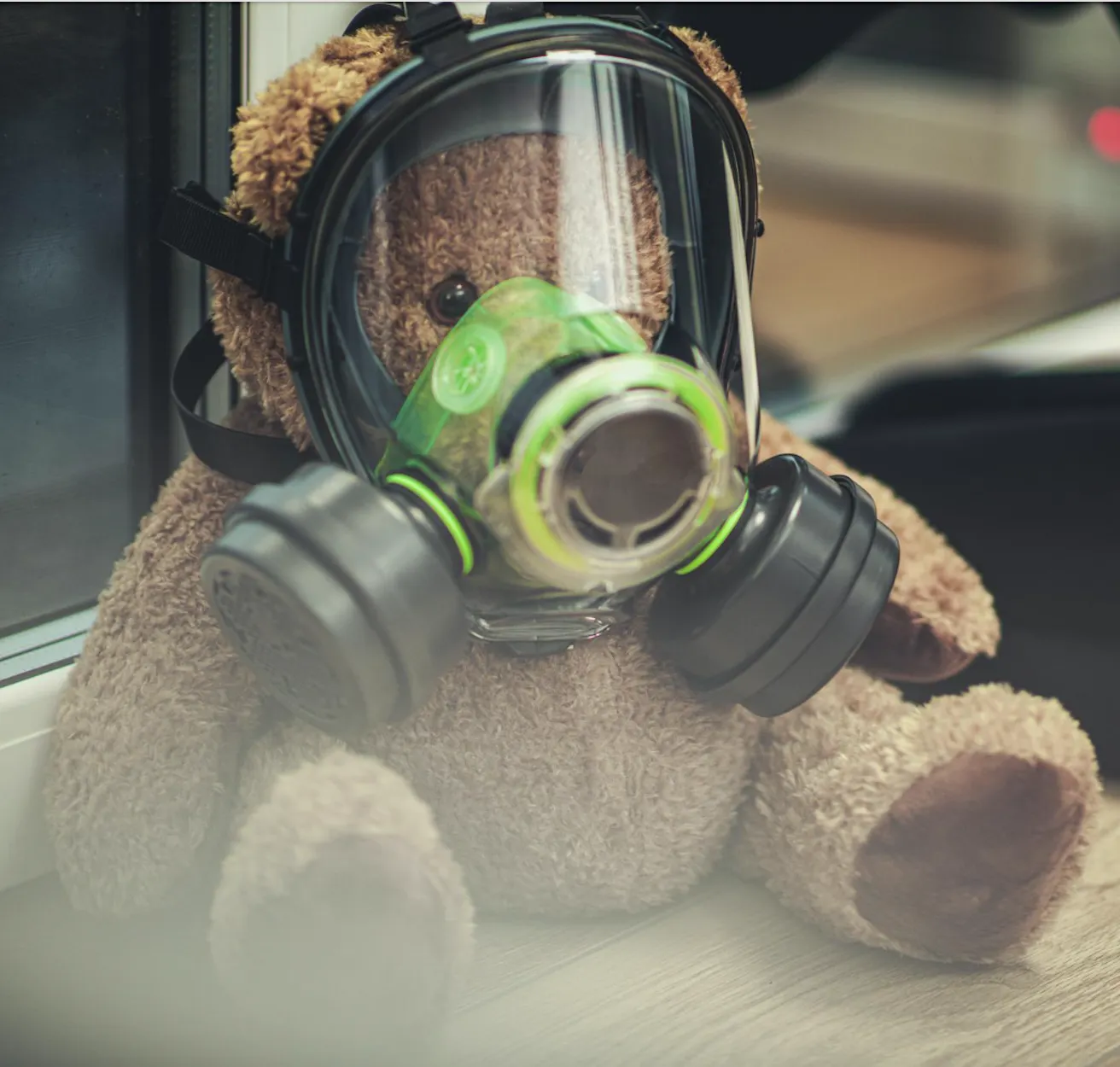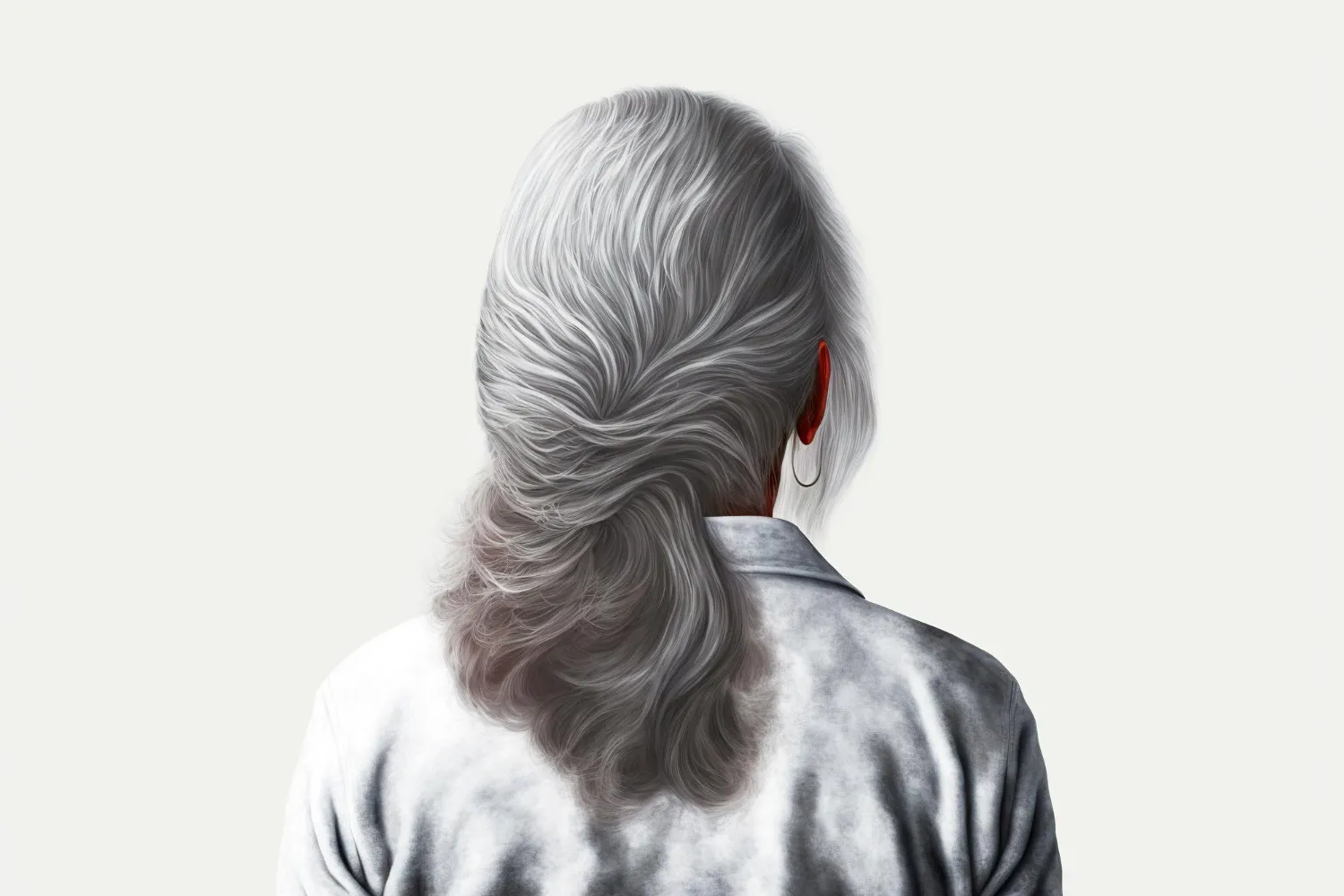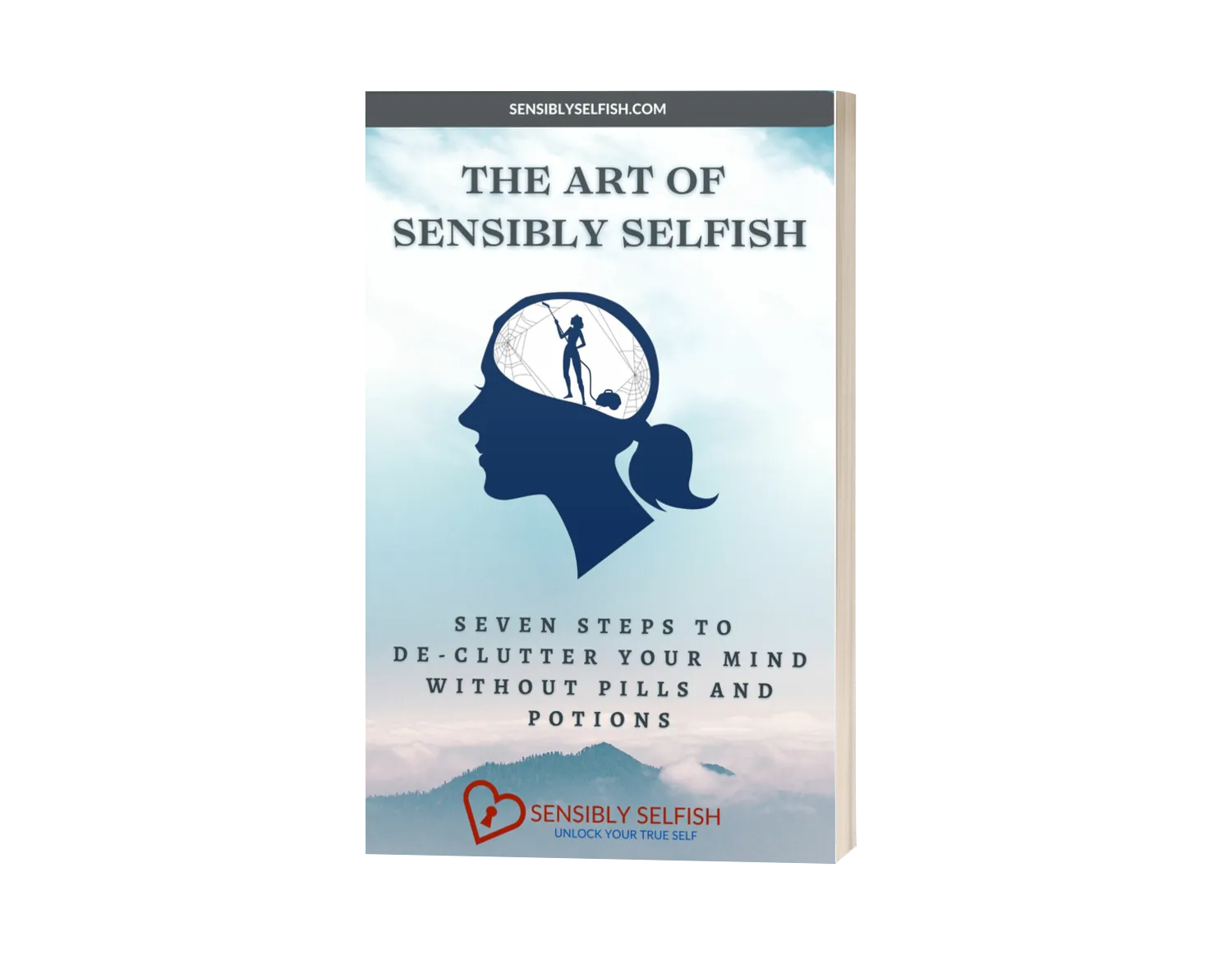Burnout
Embracing Self-Care
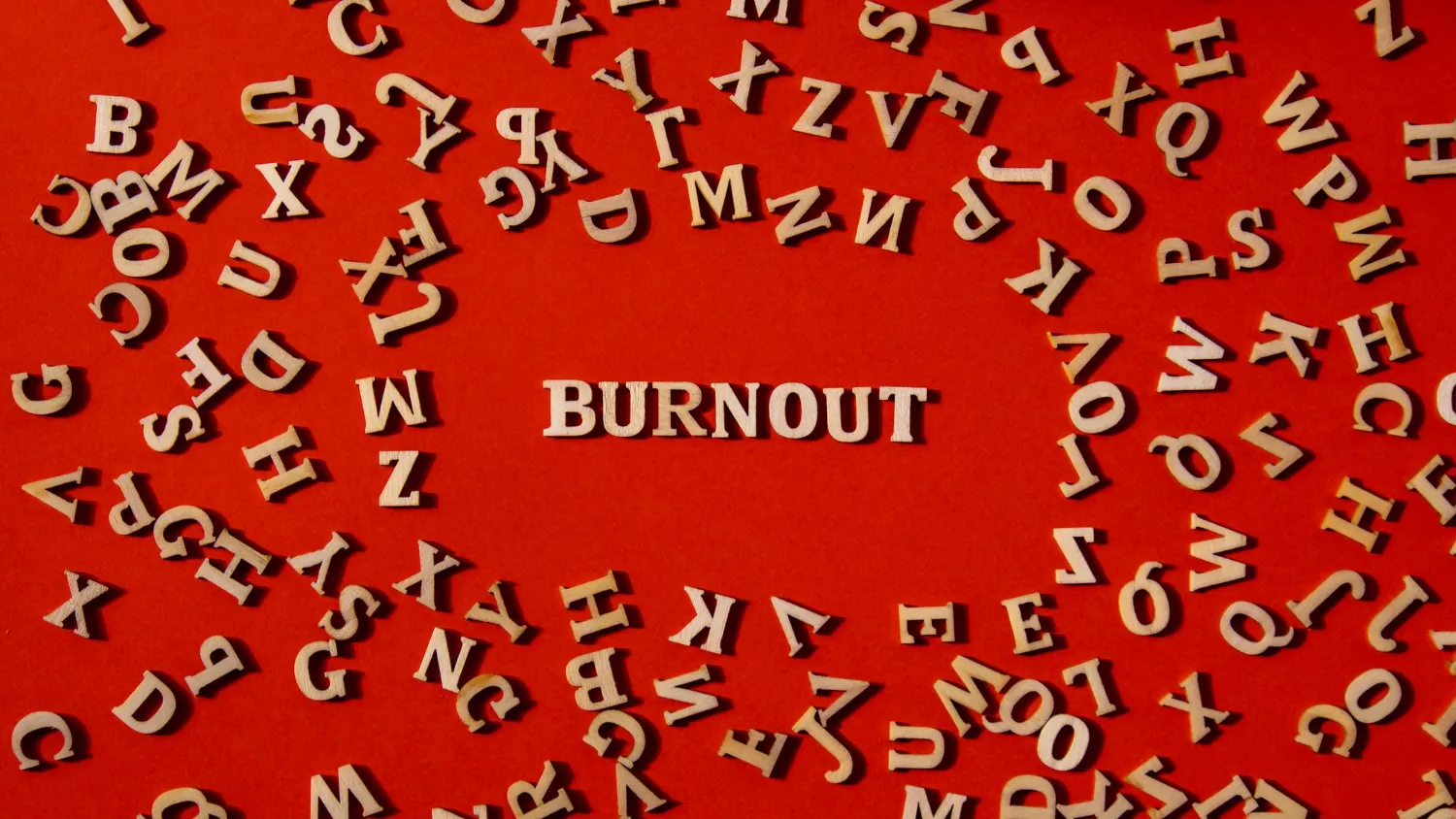
[Toc]
In the hustle of life, many women over 45 often find themselves on the verge of burnout, juggling the demands of work, family, and personal aspirations. There is an intricate dance between burnout and self-care. It is time to overcome the challenges and discover the power of being sensibly selfish.
Understanding Burnout
In medical terms, burnout is a syndrome characterized by chronic workplace stress that has not been successfully managed. It is often described by three dimensions:
Emotional Exhaustion: This is the feeling of being emotionally drained and depleted of emotional resources. Individuals experiencing emotional exhaustion may feel fatigued, both mentally and physically, and may find it challenging to cope with the demands of their job or personal life.
Depersonalization (Cynicism): Depersonalization involves developing negative, cynical attitudes and feelings about one's job, clients, or colleagues. It can manifest as a lack of empathy and compassion, and individuals may begin to distance themselves emotionally from their work and the people they are meant to serve or collaborate with.
Reduced Personal Accomplishment: This dimension refers to a decline in one's feelings of competence and successful achievement in one's work with people. Those experiencing reduced personal accomplishment may perceive a decrease in their ability to make a positive impact or be effective in their roles.
Burnout is often associated with professions that involve a high level of interaction with people, such as healthcare professionals, social workers, and educators. It can result from chronic workplace stressors, including heavy workload, lack of control over one's work, unclear job expectations, and interpersonal conflicts.
Recognizing and addressing burnout is essential for maintaining overall well-being and preventing long-term negative consequences for both individuals and organizations. It's crucial for individuals experiencing burnout to seek support, whether through self-care practices, talking to colleagues or supervisors, or seeking professional help if needed.

The Road to Burnout Prevention
Burnout isn't just feeling tired; it's a profound exhaustion that seeps into every facet of life. It's the silent weight on your shoulders, the emotional fatigue that dims the vibrant colors of life. As women over 45, we may encounter signs like persistent fatigue, reduced performance, and a growing sense of detachment. Recognizing these symptoms is the first step in understanding the beast that is burnout.
Preventing burnout is an art, a delicate balance between ambition and self-preservation. Setting boundaries becomes our shield against the relentless demands of life. Whether it's saying no to extra work commitments or carving out sacred time for personal pursuits, establishing limits is an act of self-love. Self-awareness is the compass guiding us through the labyrinth of responsibilities. By recognizing the early warning signs, we empower ourselves to make proactive choices in favor of our well-being.
Navigating Burnout: A Sensibly Selfish Approach
In our journey to prevent burnout, we come face to face with the transformative concept of being "sensibly selfish." It's a philosophy that invites us to rewrite the narrative around self-care, asserting that it is not an indulgence but an absolute necessity. It's a deliberate act of reclaiming our time, energy, and mental space without guilt or reservation. Sensibly selfish self-care is a revolutionary notion that challenges societal expectations, reminding us that prioritizing our well-being is not a luxury but a prerequisite for navigating the demands of life.
Taking care of ourselves in this way is an act of self-love, a commitment to our mental, emotional, and physical health. It involves setting intentional boundaries that protect our energy and preserve our inner equilibrium. The more we embed sensibly selfish practices into our daily lives, the more we fortify ourselves against the looming threat of burnout. This shift is profound, moving self-care from the realm of occasional pampering to an ongoing, sustainable practice. It's an acknowledgment that, by nurturing ourselves, we equip ourselves with the resilience needed to confront the challenges of our multifaceted lives. Sensibly selfish self-care becomes not just a strategy but a guiding principle, empowering us to thrive rather than merely survive in the face of burnout.

Practical Steps for Recovery
For those already entangled in the clutches of burnout, the journey to recovery is akin to a gradual reawakening, deeply rooted in the soil of self-compassion. This is not a swift process; it's a patient and deliberate unfolding. The first courageous step is reaching out for professional support, whether through therapy or counseling. This act is a testament to your resilience, a declaration that you deserve healing and restoration. Professional guidance provides a structured space to explore the roots of burnout, untangling the threads that led to this state of exhaustion. It's a partnership in reclaiming your well-being, an investment in your emotional and mental health that echoes with self-empowerment.
Surrounding yourself with a network of understanding friends and family forms another pillar of support in the recovery process. Sharing your struggles with those who care about you can be both cathartic and reassuring. Their empathy and encouragement create a collective energy that aids in breaking the isolation that often accompanies burnout. These connections become lifelines, reminding you that you are not alone on this path. However, the linchpin of recovery is undeniably self-compassion. In the midst of burnout's storm, acknowledging that it's okay not to be okay becomes a mantra of self-acceptance. This is the profound recognition that your worth is not contingent on perpetual strength, and giving yourself the grace to heal becomes paramount. It's a journey toward self-restoration guided by kindness, understanding, and an unwavering commitment to your own well-being.

Over to You
As we wrap up this exploration of burnout and self-care, remember that the journey is uniquely yours. Embrace sensibly selfish practices without guilt, for in nurturing ourselves, we cultivate the strength to navigate life's complexities. Share your experiences and insights, creating a community where women over 45 uplift and empower one another on this journey toward well-being.
Thank you for reading to the end. Your time and attention are valued, and I invite you to share your thoughts and experiences, either in the comments section, in the secret Facebook group, or by using the contact button below. Together, let's continue this conversation, weaving a tapestry of wisdom and support for women over 45 seeking to navigate burnout with grace and resilience.


